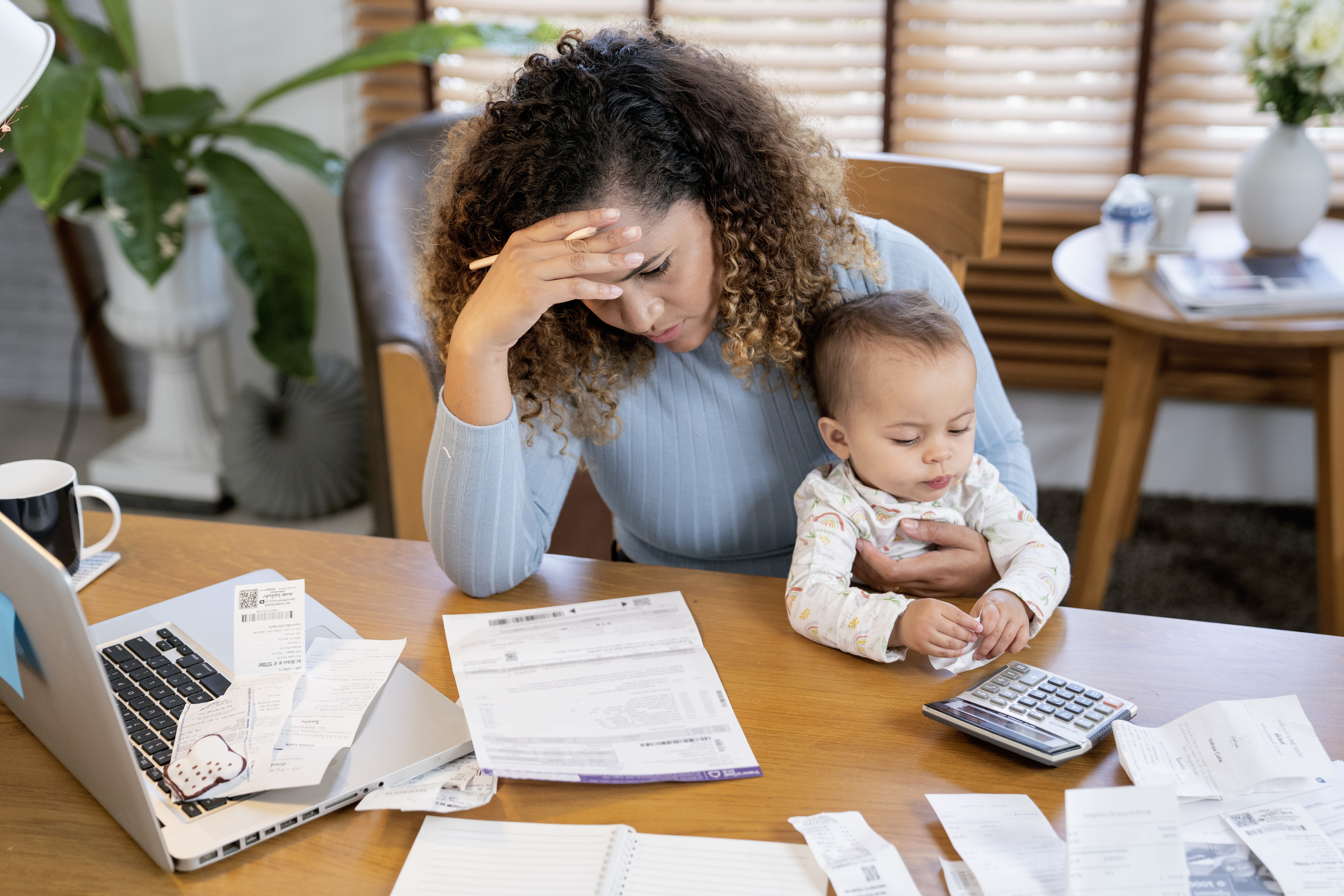
The start of April brings more financial misery for many households in the form of price hikes and tax changes.
We look at some of the price hikes that will kick in next month - along with ways to beat them.
Energy bills - going up by £67 a month
The government announced a three-month extension to the Energy Price Guarantee in the Spring Budget. This means it stays at £2,500 ( based on average typical use) until the end of June, rather than going up to £3,000 for average use.
However, the £400 energy bill support scheme comes to an end at the end of March which means households will no longer get the £66 - £67 monthly payment from the government.
So, most people will still see higher bills as a result - as although rates are the same, the discount will no longer apply.
However, if your provider wants to hike your monthly direct debit and you feel this is too high based on your current usage, you should contact them to ask them why. You may be able to agree a lower rate.
If you are struggling to afford your payments, speak to your supplier. Under the terms of their licence agreement, energy suppliers have an obligation to help customers who are struggling with payments.
Some providers also have hardship funds or grants you may be able to access.
We round up other ways you can save on your energy bills, plus in some cases you can earn up to £75 switching suppliers.
Council tax - going up by around £99 a year
Councils across England are allowed to raise council tax by up to 5% without the need for a referendum.
Many households will already have received their council tax bills for the next financial year with the new payments starting from April. Council tax bills for an average Band D property could rise by an average of £99 a year.
However, there are several ways to cut the cost of your council tax bill.
First, check if you can claim a council tax discount or exemption. There are many situations where you could be due a reduction in the amount you pay, for example if you live alone, are a student or have a disability.
If you have recently moved house, there is a chance you may have overpaid on your council tax – which is money you can claim back.
Council tax payments are usually split over 10 months, but you can ask your council if you can pay in 12 monthly instalments instead. This won’t cost you any more and may make payments more manageable.
Broadband, TV and mobile bills - going up by around £100 a year
Households are set to see big rises in the price of their broadband, TV and mobile bills from April.
In the case of broadband, these “mid-contract” price rises can boost your annual bill by around £87 - £113, according to the consumer group Which?
Some providers will be hiking the price of these bills by up to a whopping 17% as they factor in inflation and add another 3 – 4 percentage points on top.
They may use the higher Retail Price Index (RPI) rate of inflation, rather than the slightly lower, more commonly used Consumer Prices Index (CPI) measure.
If your provider tries to impose a price rise that’s more than it says in your contract, or if there’s nothing in your contract about price increases, then under Ofcom rules you can leave penalty-free.
If you’re out of contract, you’re free to shop around and switch provider - or if you’re on a low income, you may qualify for a social tariff.
These are discounted deals for low income customers. Social broadband tariffs include this one from Virgin Media, while Three Mobile has a social tariff for mobile phones, which could save customers over £200 a year.
Water bills - going up by £31 a year
Water bills are set to rise by around 7.5% from April. While this is less than the rate of inflation, it will bump up the price of your annual water bill by around £31 a year across England and Wales.
The average water bill is £448 a year. Switching to a water meter can give you a big saving on your bill. If you switch and later find you don’t save money, you can still switch back.
Another way to save is to speak to your water supplier as many offer free water-saving devices.
Stamps - first-class stamps going up by 15p
The price of stamps is going up from 3 April. This means a first-class stamp will cost £1.10, up from 95p, and second-class stamps will cost another 7p more at 75p.
You can beat the price rise by stockpiling stamps. If you buy them now, you can still use them beyond 3 April without incurring any extra charges, either for you or the recipient.
It’s worth making sure you get the new barcoded versions, as while you can use the older ones until the end of July, you’ll have to exchange them after that date making it another job to do.
Prescriptions - going up by 30p
Prescription costs are going up by 30p from £9.35 to £9.65 from 1 April in England.
If you can’t claim free prescriptions, there are still ways to save on your medication.
If you are on a low income you may be able to get help with the cost of your prescriptions with a HC2 certificate. You can get a form to apply at your local Jobcentre Plus or most NHS hospitals.
If you need regular ongoing medication, and don’t qualify for free prescriptions, you can save money with a prescription prepayment certificate.
This means paying in advance for a monthly, three monthly or annual “season ticket”, which then means you don’t pay when producing this.
With some prescriptions, it’s worth asking your pharmacist if the medication is available “over the counter”. If so, this could work out cheaper than paying the soon-to-be standard £9.65 prescription charge.
Car tax - going up by over 10%
The cost of car tax or vehicle excise duty (VED) will go up 10.1% from 1 April.
Although often referred to as car tax, it’s not just cars it applies to. One way to save money is by paying the annual charge all in one go, as splitting the payments and paying on a monthly basis can bump up the bill by 5%.
Personal tax allowances - frozen until 2028
The amount you can earn before paying income tax is frozen at its current level of £12,570 until April 2028.
And the basic-rate tax band is also frozen, which means if you earn between £12,571 and £50,270 a year you’ll pay 20% tax on the amount between these levels.
The freeze on the personal allowance and income tax bands means millions of workers face paying more tax as any pay rise means they could be dragged into higher tax bands.
Read more
- Four tax changes from April – will you be hit with higher bills?
- Key dates for your money in 2023
- Cost of living payment – when you can expect your first £301 payment
- Millions of workers to pay more tax: we explain how freezing of thresholds will affect you
- Royal Mail extends deadline to use up non-barcoded stamps to July 2023







